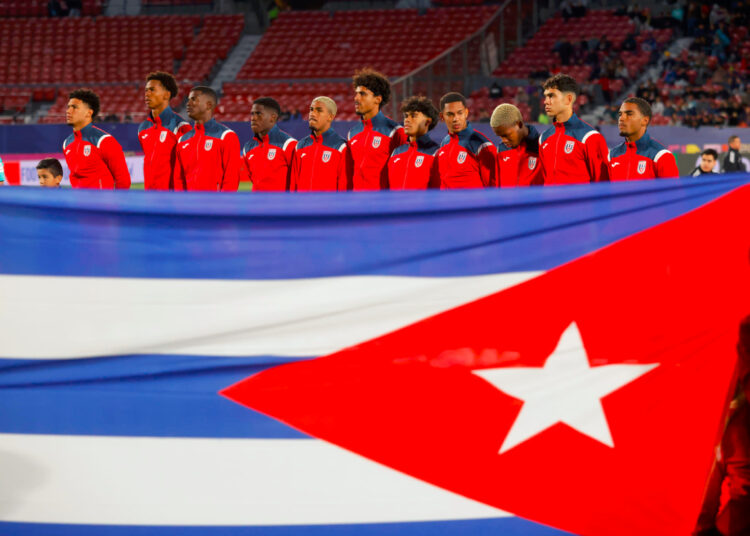Over the past few days, Cuban soccer has dominated sports headlines, both on and off the island. And with good reason. In the group stage of the U-20 World Cup being held in Chile, the Cuban national team produced one of the most surprising performances ever recorded by a national team in international tournaments.
At first glance, the group they were assigned to invited pessimism. With Argentina, Italy and Australia as rivals, all that was left was to cross their fingers and pray to the soccer gods so they wouldn’t return from the World Cup adventure with their heads down and their bags full of goals.
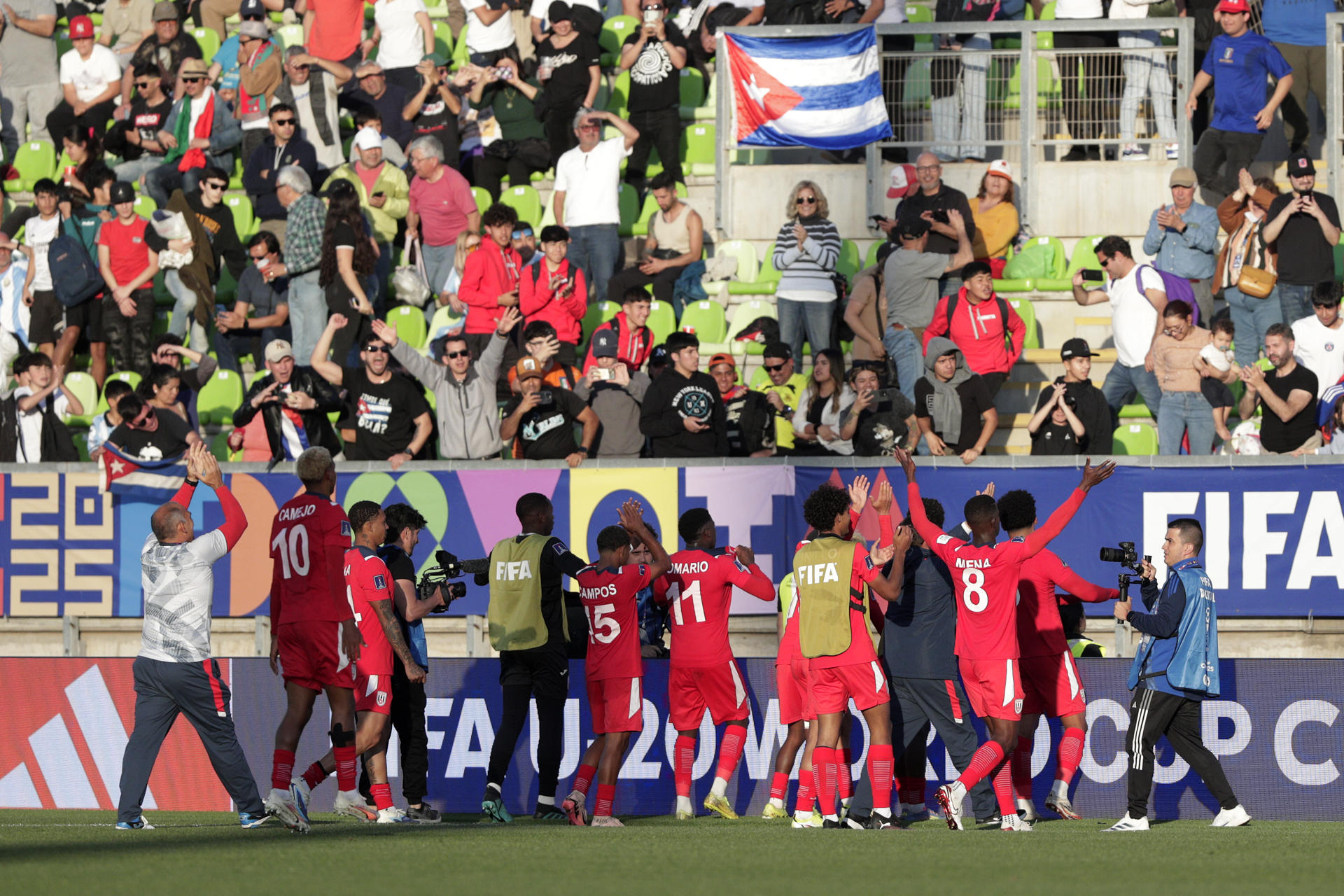
However, nothing could be further from the truth. Against all odds, our team are returning from the Andes with a point snatched from Italy, four goals scored in three matches, and without having suffered a single defeat.
The World Cup, however, didn’t start in the best way for the Cubans. By the fourth minute of play, Argentina had already scored the first and the shadow of a rout was beginning to loom over the Elías Figueroa Stadium in Valparaíso.
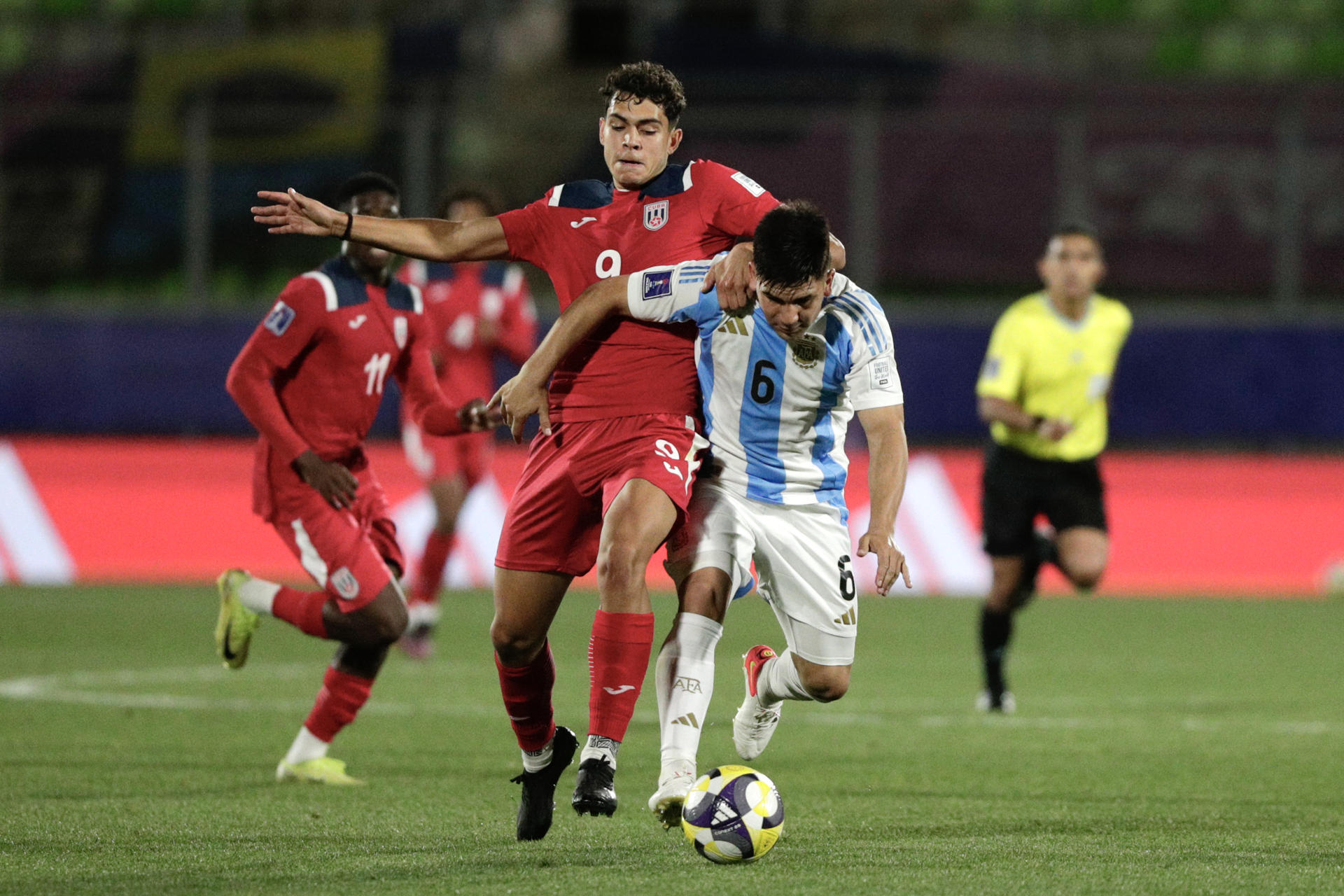
However, the early expulsion of a Argentine defender allowed the Cubans to close the gap for a few minutes. Even so, it was the Argentines who extended their lead, scoring the second goal despite being down a man.
Just before halftime, our team pulled one back through Karel Pérez. The captain pushed a ball that had fluttered across the six-yard box after a corner kick, making it 2-1.
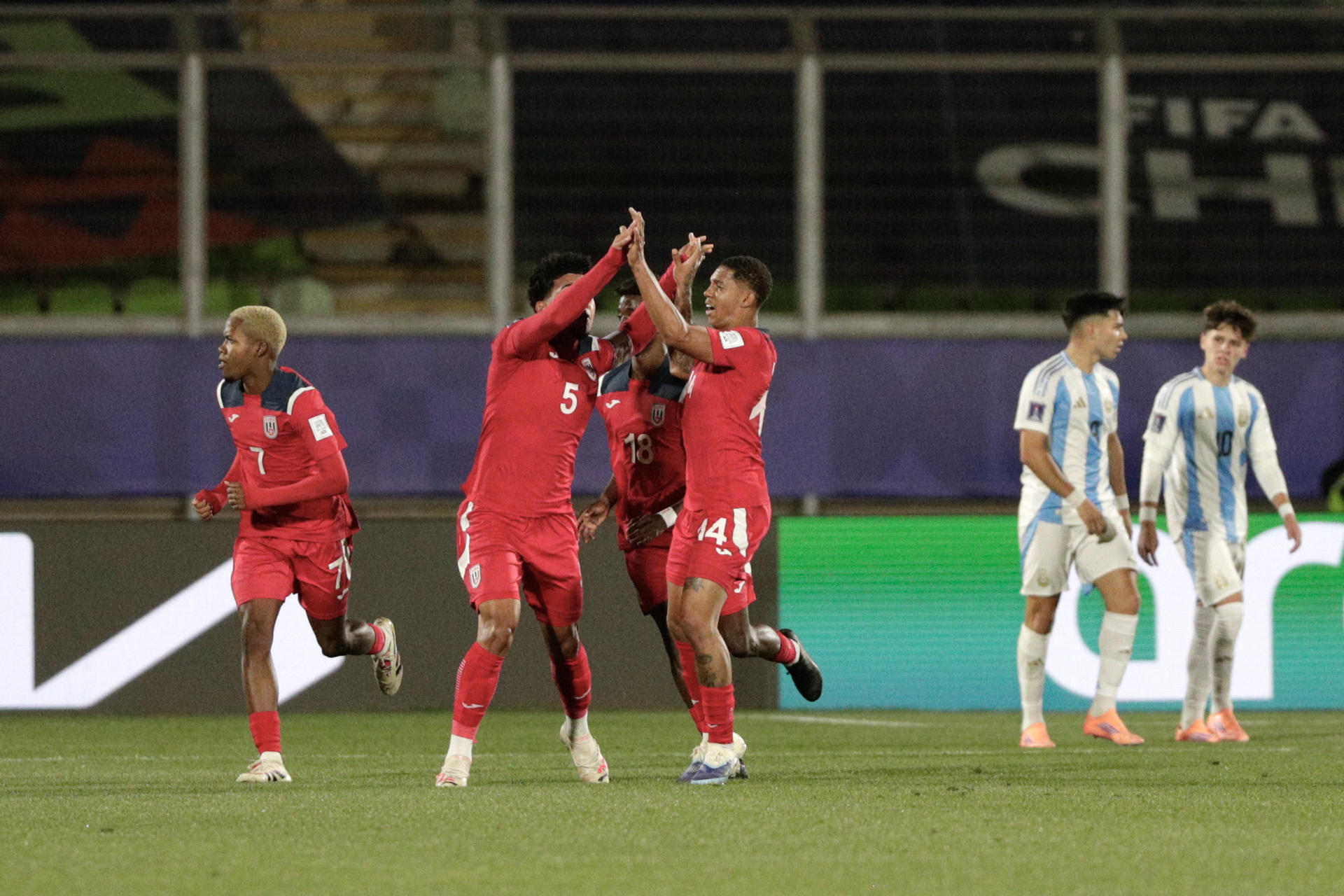
In the second half, Pedro Pablo Pereira’s team focused more on goal average than on winning the match. Even so, Argentina managed to extend its lead shortly before the final whistle, with a shot from a poor angle that perhaps goalkeeper Yurdy Hodelín could have done more with.
The second match arrived with a closer score than anyone would have predicted for the debut. Like Argentina in its first match, Italy seemed immense, unbeatable. And they probably would have been if not for the fact that, after scoring two goals against us in the first half, an opposing player was once again sent off. Two individual plays by the promising Jade Quiñones on Idorissou forced the European to commit a foul. Two yellow cards and he was sent off.
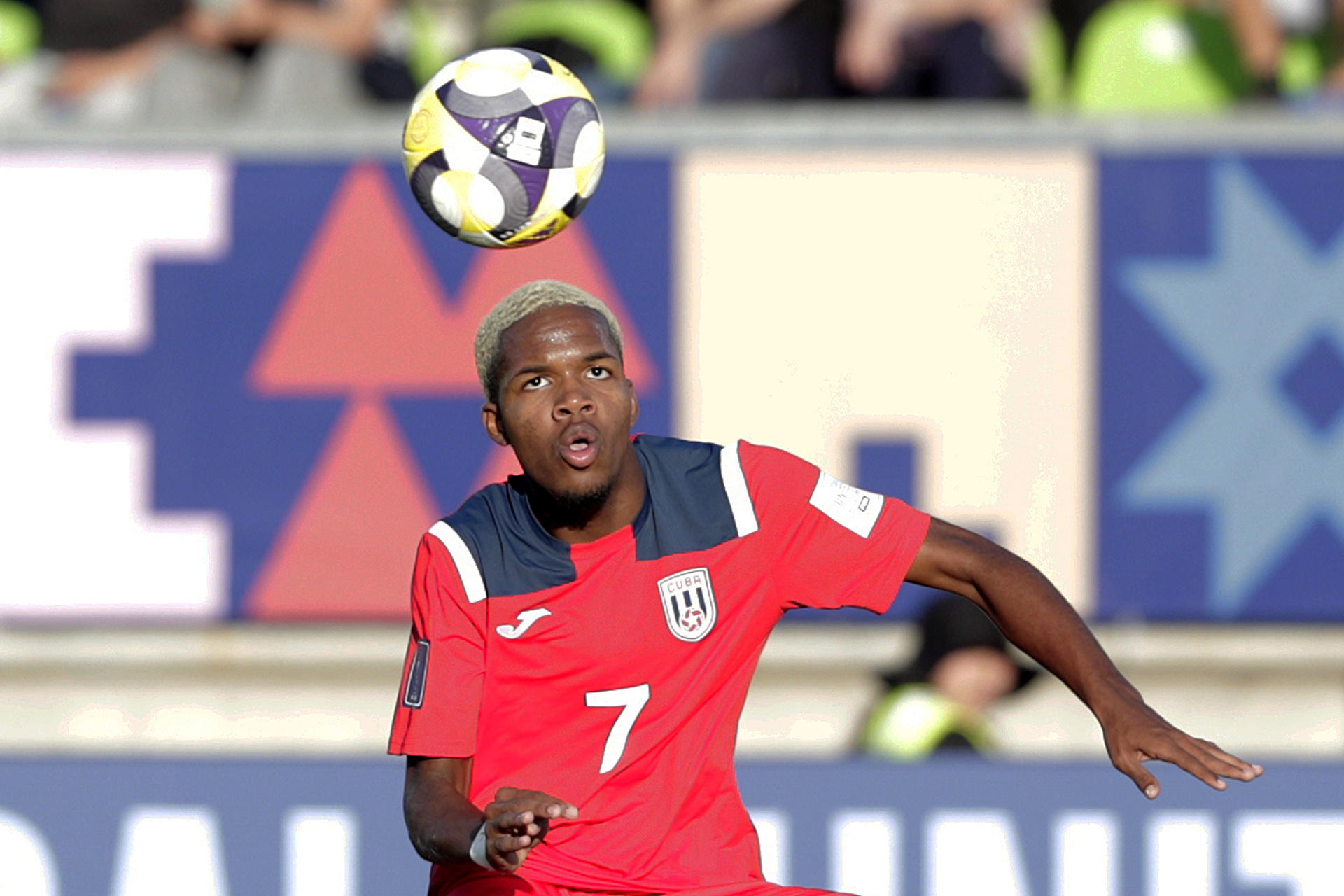
Thus, Cuba faced the second half with an extra man on the pitch. And, with the lesson learned from the first match, the team went all out on the attack. The strategy paid off: with two penalties accurately awarded by the referee — and perfectly executed by Michael Camejo — Cuban soccer pulled off one of the biggest surprises in its recent history by drawing 2-2 against Italy.
Thus, Cuba entered the third match with a real chance of advancing to the quarterfinals. Something that not even the most optimistic would have imagined at the start of the tournament. A victory against Australia, depending on other results, could allow us to qualify as runners-up in our group or as one of the four best third-place finishers.
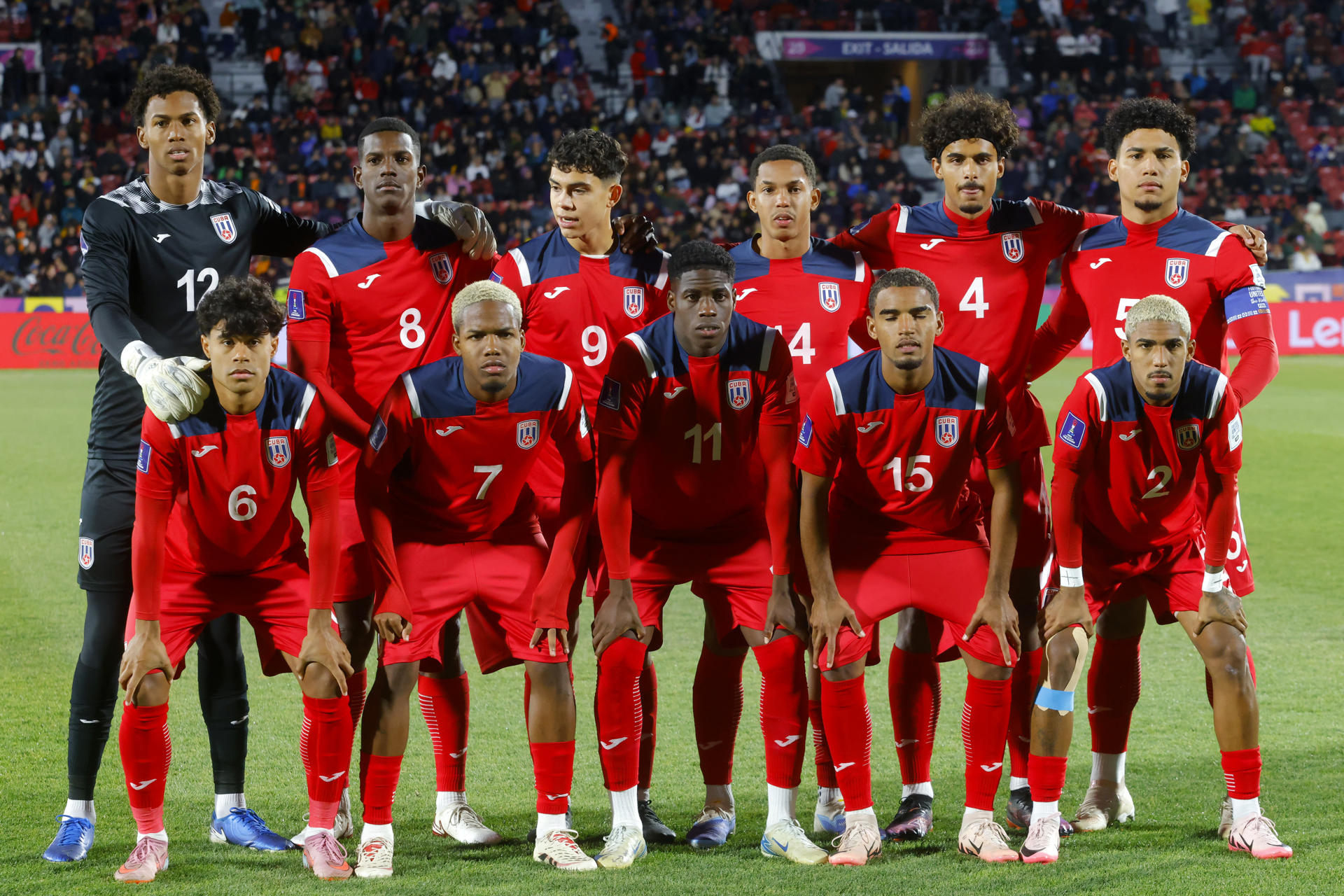
But this time, fate had other plans. In a back-and-forth match, with opportunities for both sides, it was the team from the southern continent who opened the scoring with an unstoppable individual play, scoring the second after a resounding error by international Diego Catasus and the third following a clumsy clearance by goalkeeper Yurdy Hodelín. Cuba scored the honor goal from a cross from Samuel Rodríguez that Alessio Raballo finished in an unorthodox manner.
Some might say there’s no paradise without a red card. And they wouldn’t be wrong. Although it should also be remembered that the expulsions that favored us were, in every case, fair and earned thanks to the skill of our players.
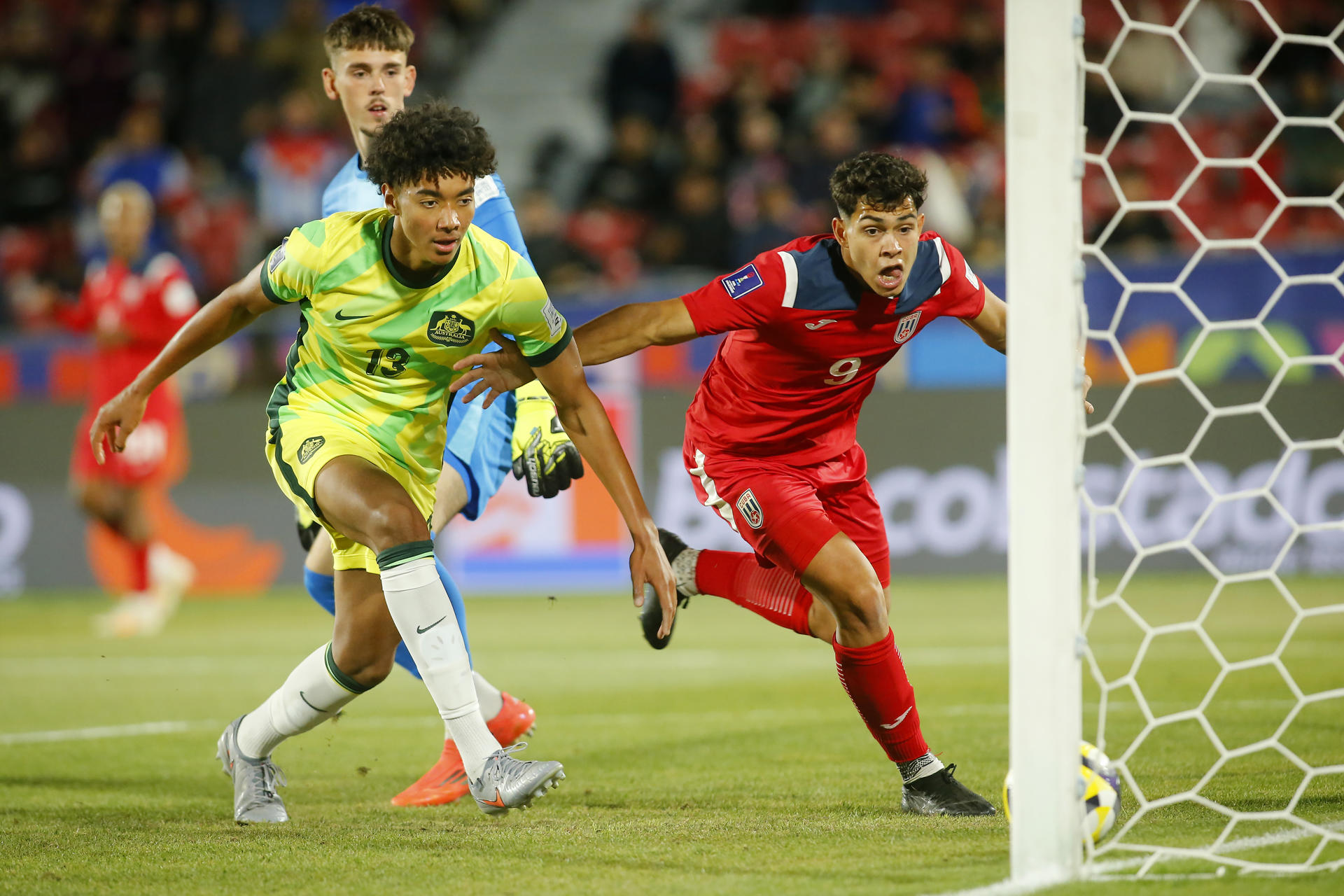
The Cubans, in terms of results, exceeded all expectations. On an island where the gloom erased their smiles, people — for a few days — smiled again thanks to sports. And they did so to the rhythm of the least expected: that of kicking a ball. This time performed by twenty-one teenagers, from here and there, who dared to look history in the face and say: “I’m coming for you.”
In the places where many of them grew up, soccer cleats are a luxury, the ball is anything that rolls and the goalposts are two stones in the middle of the street. Facing them were players trained in the best soccer academies in the world; some even earned playing time in their respective countries’ first division.
It seemed like a dream, but we didn’t dream it: Cuba not only went to a World Cup, but competed.

